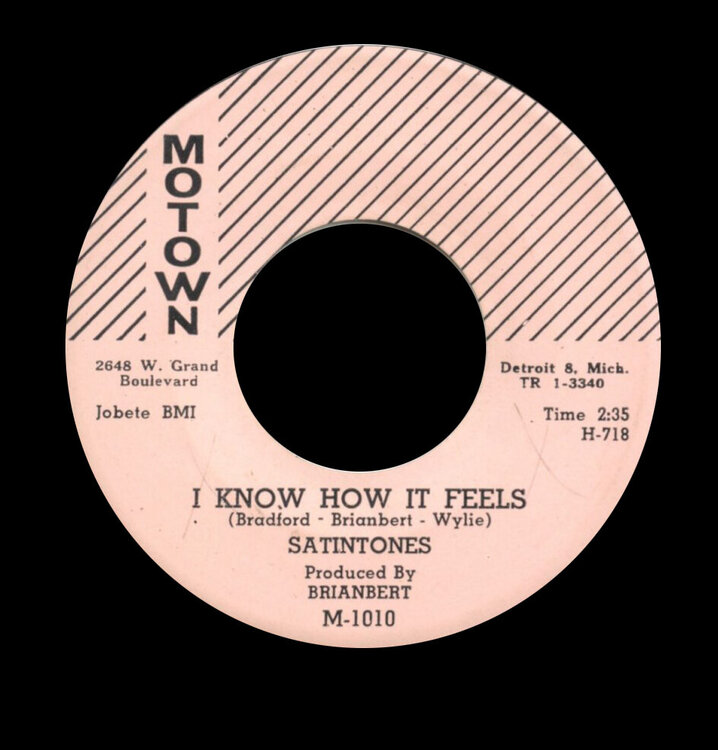- Replies 14
- Views 1.8k
- Created
- Last Reply
Most active in this topic
-
G F 6 posts
-
Robbk 5 posts
-
Tom Creeden 2 posts
-
Mike 1 post
Most Popular Posts
-
Cheers - I didn't think I would teach you anything, Robb, but as us older fans disappear, hopefully these YouTube videos will still around to tell the story.






This one went on YouTube yesterday...